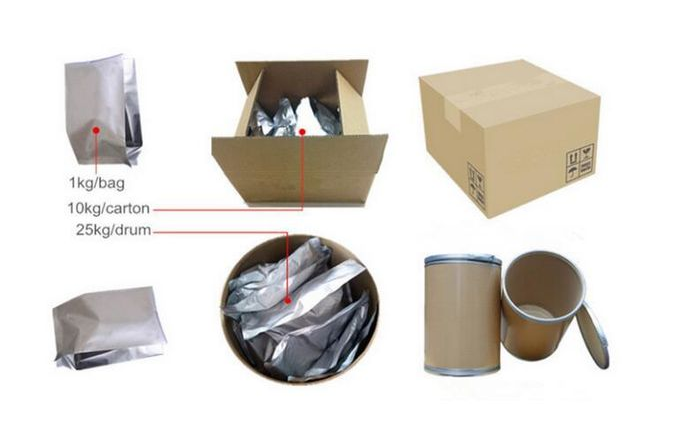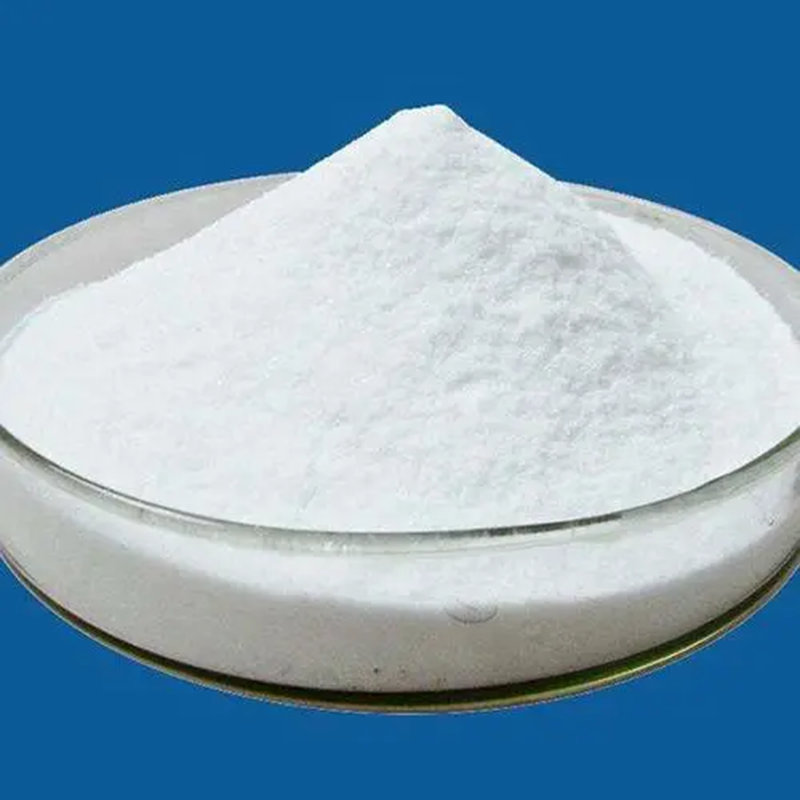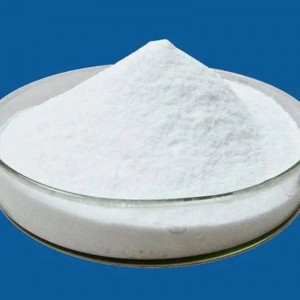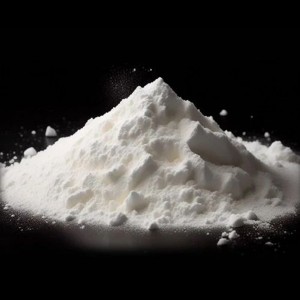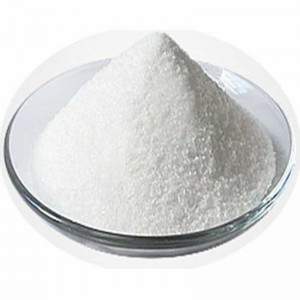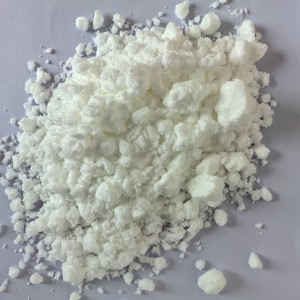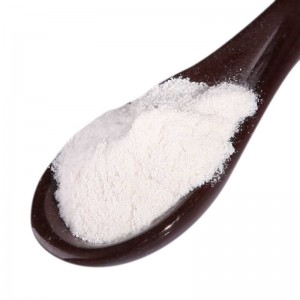Research Chemicals 2-methacryloyloxyethyl phosphorylcholine MPC Powder CAS 67881-98-5
2-methacryloyloxyethyl phosphorylcholine (MPC) is a synthetic polymer that is commonly used in biomaterials and medical devices due to its unique properties. It is a phosphorylcholine-based polymer that contains a methacryloyl group, making it suitable for use in various biomedical applications.
MPC polymers are known for their biocompatibility, low fouling properties, and resistance to protein adsorption, making them ideal for applications where interactions with biological systems need to be minimized. These polymers have been extensively studied for use in coatings for medical implants, contact lenses, drug delivery systems, and tissue engineering scaffolds.
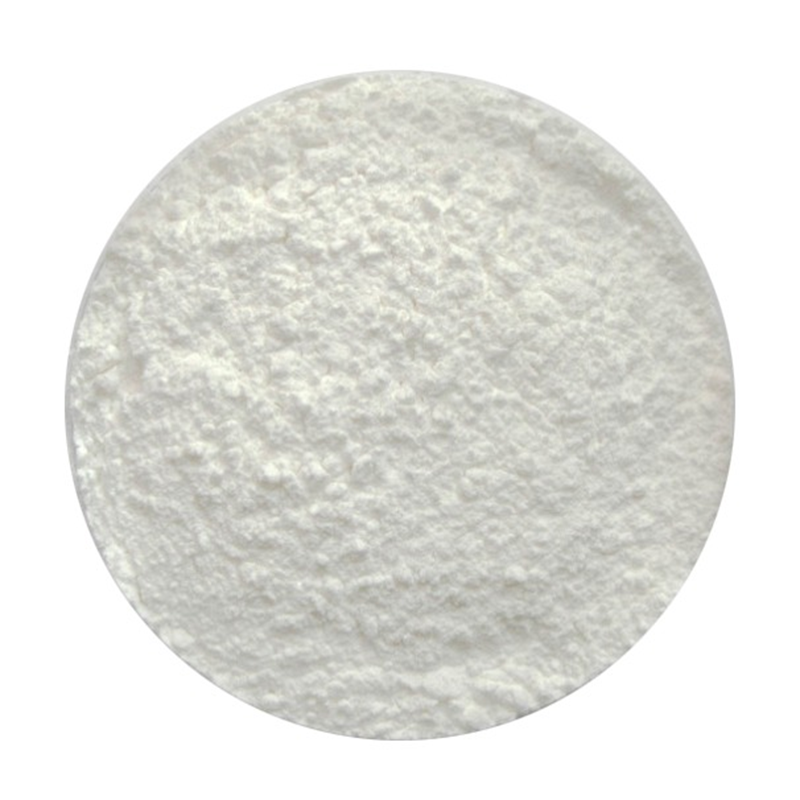
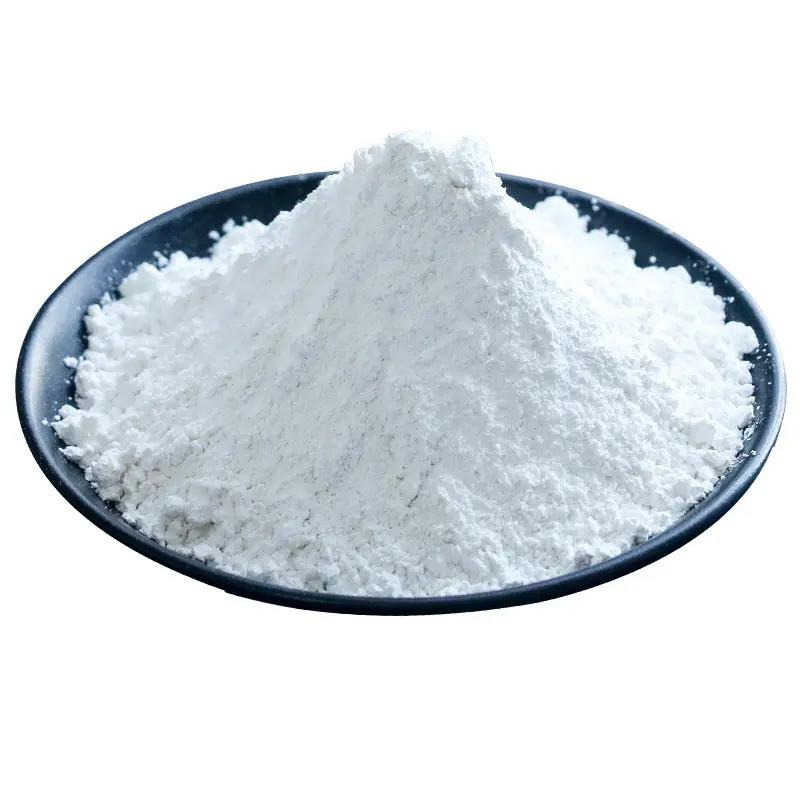
The phosphorylcholine groups in MPC polymers mimic the structure of phospholipids found in cell membranes, which contributes to their biocompatibility and ability to resist protein adsorption. This property helps to reduce the risk of inflammatory responses, bacterial adhesion, and thrombus formation when these materials come into contact with biological fluids or tissues.
In addition to their biocompatibility, MPC polymers can also be easily modified and functionalized to tailor their properties for specific applications. Their versatility and ability to be processed into various forms, such as coatings, hydrogels, and nanoparticles, make them valuable materials in the field of biomaterials science.
Overall, 2-methacryloyloxyethyl phosphorylcholine polymers offer a promising platform for the development of biocompatible and bioinert materials for use in a wide range of biomedical applications, with potential benefits for improving the performance and safety of medical devices and implants.
